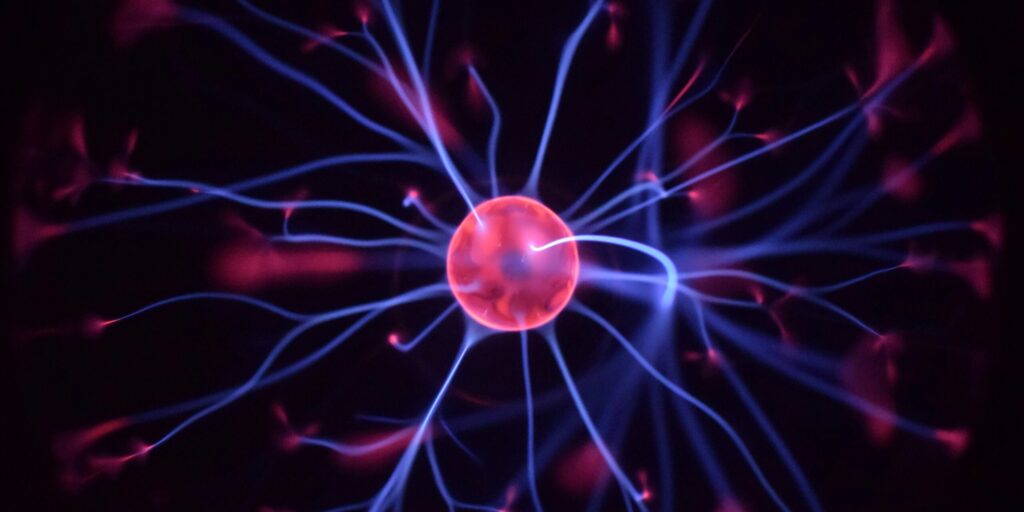A newly published study on November 21, 2025, has brought fresh insights into the intricate relationship between hormones and learning, revealing that estrogen plays a direct role in enhancing learning speed by modulating the brain’s dopamine reward system. Conducted using female rodent models, the research demonstrated that animals with higher levels of estrogen learned tasks significantly faster than those whose estrogen signaling was blocked, pointing to a powerful influence of this hormone on cognitive performance.
The research team, led by neuroscientists at New York University, designed experiments to examine how hormonal fluctuations in female rats impacted their ability to learn a reward-based task. The task involved responding to auditory cues that indicated whether a reward was available. Rats with elevated estrogen levels performed better, initiating trials more quickly and adjusting their behavior based on the rewards they received. This behavioral improvement was closely associated with enhanced dopamine signaling in the brain’s reward-processing regions, particularly the nucleus accumbens, a key area involved in motivation and reinforcement learning.
Using a combination of electrophysiological recordings and molecular assays, the researchers found that during periods of peak estrogen, the rats’ brains exhibited stronger and more sustained dopamine signals when rewards exceeded expectations. These signals, known as reward-prediction errors, are crucial for learning because they help the brain update its understanding of what actions lead to positive outcomes. The study also found that estrogen reduced the presence of dopamine transporter proteins, which are responsible for clearing dopamine from the synaptic cleft. By slowing this clearance, estrogen effectively allowed dopamine to remain active in the brain for longer periods, amplifying its influence on learning-related circuits.
In a particularly striking finding, the scientists showed that when they used genetic tools to block estrogen receptors specifically in dopamine-producing areas of the brain, the rats no longer demonstrated accelerated learning—even if their estrogen levels remained high. This provided causal evidence that it’s not just the presence of estrogen, but its interaction with specific brain circuits, that is responsible for the cognitive enhancement.
These findings have wide-reaching implications beyond the confines of laboratory research. They suggest that natural hormonal cycles in humans, especially in women, could have a more significant impact on learning and cognitive function than previously understood. Fluctuations in estrogen during different phases of the menstrual cycle, pregnancy, or menopause may influence how effectively individuals can engage in tasks that rely on feedback and reward, such as decision-making, habit formation, and skill acquisition.
The study also opens new avenues for therapeutic exploration. Scientists are now considering whether estrogen or estrogen-mimicking compounds could one day be used to support learning in individuals with cognitive impairments or age-related decline. In older adults, particularly post-menopausal women who experience a natural drop in estrogen levels, targeted treatments might help sustain or even enhance cognitive flexibility and memory formation. However, researchers caution that much more work is needed to translate these findings from rodents to humans.
Importantly, the scientists stress that this is not about boosting estrogen arbitrarily, but rather understanding the context in which it influences brain function. The goal is to uncover the precise mechanisms through which hormonal states interact with neural plasticity—how the brain changes and adapts through experience. They emphasize that any clinical applications must be carefully studied, given the complexity of hormone effects and the potential for unintended consequences.
From an educational and public health standpoint, the research encourages a more nuanced view of how biology can affect learning. It may lead to future discussions about how to tailor learning strategies, therapy schedules, or cognitive interventions based on hormonal status, particularly in environments where cognitive demands are high or where individuals are recovering from injury or neurological decline.
In sum, the study highlights a powerful link between estrogen and dopamine-driven learning, suggesting that the brain’s reward systems are more sensitive to hormonal influences than previously believed. While more research is needed to fully understand and apply these insights in clinical or educational settings, the findings represent a significant step forward in neuroscience, opening new perspectives on how our internal biology shapes the way we learn and adapt.


